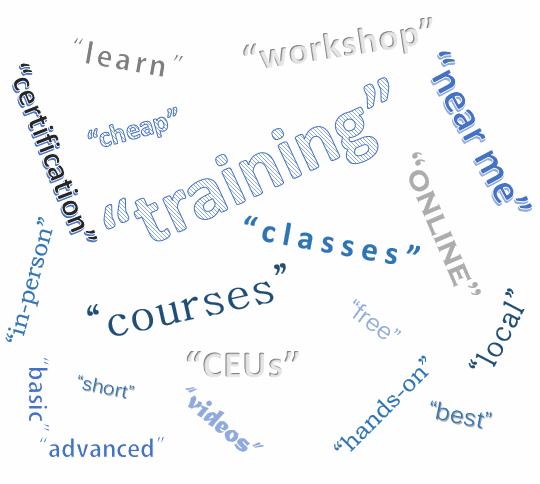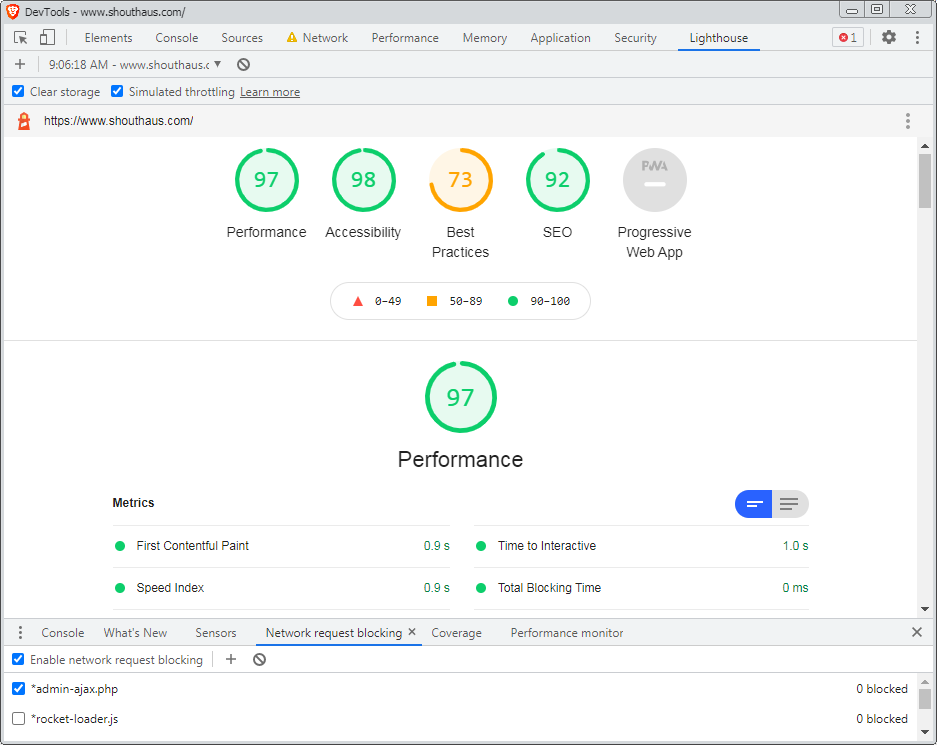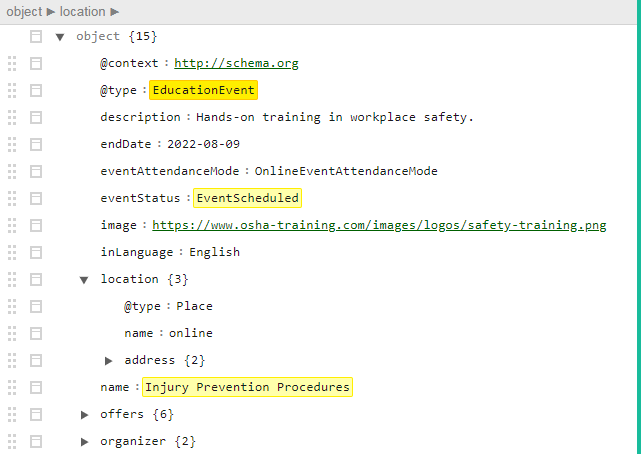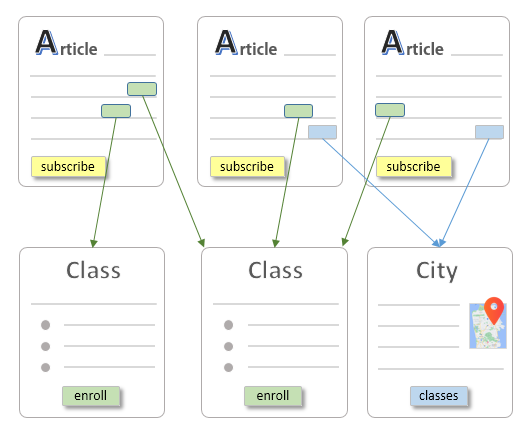
Keyword Research
There are nuances in meaning and search intent between keywords like “training,” “courses,” and “classes.” The factors to consider when targeting keywords are:
- Delivery: whether your training is instructor-led (in-person or online) or self-paced (videos and elearning)
- Goal: whether the training leads to certification, continuing education credits, or regulatory compliance
- Clarifiers: whether the search phrase has extra root or suffix words: “fire safety training,” “accounting classes for beginners,” etc.
- Commonality: whether there is a consensus among searchers about a standard phrase that accurately describes the training, versus 5 or 6 equally popular synonyms

SEO Audit
An audit benchmarks your current position and reveals “low-hanging fruit” opportunities and long-term areas for improvement. It measures how you compare against competitors — and technical issues like:
- Speed. How fast do pages load? How soon can you scroll or click?
- Indexing. Are pages crawlable and indexable? Is there duplicate content?
- Usability. How intuitive is the interface and navigation? Does it adhere to accessibility requirements? Does it load in a “janky” fashion, with elements shifting around as they render?
- Architecture. Can all pages be found within 3 clicks of the home page? Is the internal linking structure emphasizing the right pages?

Technical SEO
Technical SEO comprises many factors:
- Setup. If not already installed, se set up Google Tag Manager, Google Analytics, and Google Search Console. We also set up and train customers in how to use tools like Ahrefs/SEMRush, BrightLocal, and WordPress plugins like RankMath/Yoast. For companies offering public classes, we configure “EducationEvent” Schema (pictured here) so that class dates appear in Google SERPs.
- Speed. Techniques to improve load times include: lazy-loading and optimizing image compression; font reductions; HTML and static asset caching; inlining critical CSS; and suppressing extraneous output from WordPress plugins.
- Errors. Errors can be simple 404s, or more subtle issues like indexing and crawling problems or redirect chains.

Content Marketing
To distinguish between the many competing websites with similar products, Google relies on signals of authority, which is where content marketing comes into play. Content marketing is the process of creating videos, articles, and other resources that rank on Google for less competitive terms than your actual product keywords (i.e., classes), but target the same audience of potential customers (students). For example, you might write a blog article to answer the question “What salary can I expect after getting certified in [topic]?” Someone asking that question is a likely prospective student for your class in [topic]. As you answer your customers’ questions, your site becomes more authoritative.
Process
We follow a sequence of steps to get the best results:
- Learn About Your Business. First, we’ll learn about your industry and business: what is your value proposition? What courses are your top sellers? How long is your sales cycle and what are the stages of your funnel? Who is your ideal customer, what are their demographics and how can they be reached? How do you generate repeat sales, upsells and cross-sells? What are your KPIs? What CRM, technology stack, web hosting and DNS does your site use?
- SEO Audit. We benchmark your current performance. How are you ranking for your primary desired keywords and the set of less common “long tail” keywords? Is your your webserver configured properly and your site architected correctly? Is it integrated with the various tools and features provided by Google? How does it score on Google’s “Core Web Vitals” and Lighthouse reports? Are your courses being correctly tagged with XML as “EducationEvents” and/or a “LocalBusiness” entity so that your class dates show up in Google search results?
- Keyword and Competitor Research. What phrases are your customers likely to use when searching for your courses? It may seem obvious, but there are nuances to whether you should target the word “courses” or “training” or “classes,” among others. For your desired keywords, what SEO strategies are being used by other training companies in your niche — and can you replicate them?
- Strategy Development. Informed by the SEO audit and research, we develop an SEO strategy customized to your business. What are the low-hanging fruits? Can you use any existing assets or relationships to build inbound links without having to do content marketing? If not, what should your content marketing strategy look like?
- Technical SEO and On-Page Optimizations. Technical SEO involves a myriad of tasks, typically done on the server at the code level. A major goal is to load pages faster using strategies to improve caching and load images, CSS, and fonts faster. On-page optimizations involve tweaking page titles and descriptions to improve click-through rates and crafting page content and internal links to emphasize desired keyword targets.
- Content Marketing and Link-Building. Content marketing entails creating blog articles, videos, studies, ebooks and other resources that answer questions for which your audience typically searches. A content marketing strategy can target customers, brand ambassadors, or influencers — and provide an incentive for them to link back to your site. Once the content is written, the next step is developing an outreach strategy to contact sources of potential inbound links.